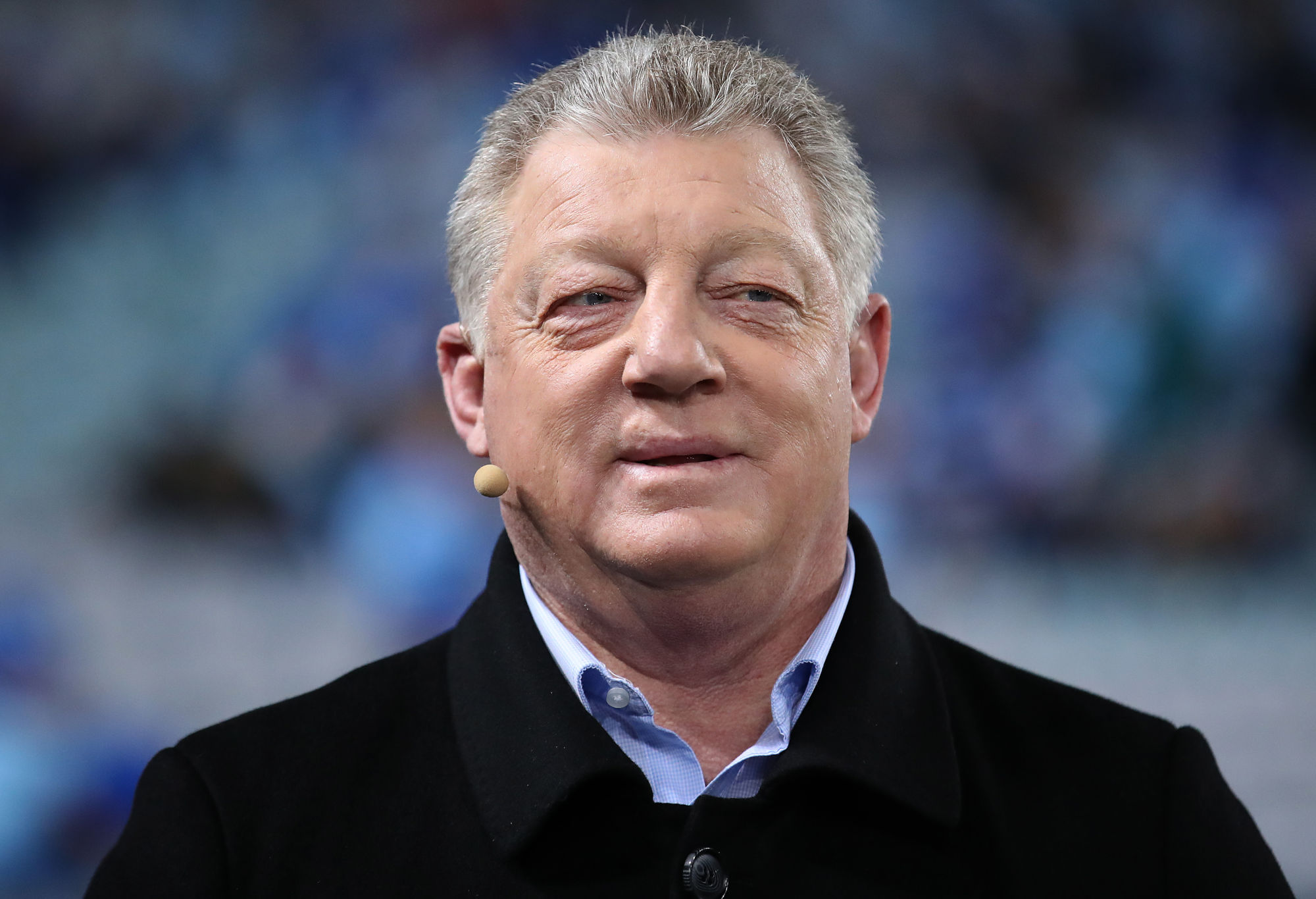NRL head honcho Andrew Abdo’s claim that there has not been a change to the rules in regards to negative or critical comments made by coaches towards referees, does seem a little difficult to swallow from the outside.
Abdo claims the rules which been in place for some time are merely being enforced a little more enthusiastically in 2025 and whilst there are some verbal gymnastics playing out in whether the shifting of the goal posts is in fact a change of the rules, a bigger issue is at play.
The NRL, after seeing the officials make two dodgy calls in recent matches and the Raiders and Wests Tigers feeling very much robbed of competition points, needs to decide precisely who is allowed to criticise referees and in turn, what they are actually permitted to say.
As with all decisions made on the field, interpretation of comments plays a key role.
Players are inside the ten metres many times during matches, yet have to be a certain distance offside before the infringement is called. High contact is high contact, yet the grey areas around the level of force, intent and the body position of the ball runner also bring the referee’s interpretation into the equation.
In much the same way, coaches comment on aspects of the game, quite critically at times. The NRL then interprets the comments and decides whether the language and/or content is acceptable; dishing out fines if need be or perhaps speaking to the coach personally, as was the case with Ricky Stuart a few weeks back.
These elements of judgement might encourage some to look more for a blanket solution. A player is a centimetre offside? Six again. A defender’s limb or shoulder touches the head even in the most slightest of ways? Get off. sin-bin. A coach makes a comment about a referee, either good or bad? Against the rules, here is your $10,000 fine Mr Stuart.

‘Hope Andrew Abdo has an answer’. Ricky Stuart pulled few punches in a recent press conference.
Most would be frightful of the way the game would look if the above approach was taken and as an ex-school teacher, I can assure you that the inflexible approach is not the most effective one to take in the majority of cases.
We saw the disaster the AFL created by implementing their absurd dissent rules a few season’s ago. Even the most subtle raising of a hand or gesture towards an umpire was deemed to be dissent, with 50 metre-penalties dished out to mystified players whose mouths sat open in shock at the harshness of some of the decisions
The AFL now looks very much like it did five years ago, with a gradual watering down of the rule, to a point where arms are waving everywhere, players are running in towards umpires and the verbals from players, whilst toned down somewhat, are permitted once again.
So what other possible steps could the NRL take in its efforts to get on top of the constant criticism directed at referees, the bunker and the decisions which they make?

NRL CEO Andrew Abdo. (Photo by Mark Metcalfe/Getty Images)
A starting point might be to ban journalists from asking the most inane of questions at press conference, “What did you think of that decision at the 64th minute mark of the game?” I’m not sure what good the NRL, a club or its coach can see coming from the answering of a baited question.
If not ban the actual questions, at least allow clubs to instruct coaches to never answer a question in relation to a decision made on the field. Having worked in communications for some time, it is precisely what I would be instructing the coach of the club I represent to do.
What of the media? Mr Conflict of Interest himself Phil Gould has delivered many a spray towards referees through the years, both in the commentary box and also in magazine shows that support the competition.
He, along with others attempting to make every moment, event and decision a little bigger and more dramatic than what it actually might be, I see you Andrew Voss, Dan Ginnane and Warren Smith, hurts the situation further.
In doing so and during every match I have ever heard them call or review, they hold a blowtorch to referees in a manner which, and this is categorically true, does not improve their performances one iota.

Phil Gould (Photo by Mark Metcalfe/Getty Images)
It is high time the NRL spoke sternly with its broadcasters, called for a complete removal of excessive replays of incidents, asked the commentators in the box to focus on the players, the skills, the ramifications of wins and losses and less on twelve replays of a high contact incident which sometimes still remains unclear after all have been viewed.
Frankly, after following and watching the game for over 40 years, I find it pushing me away in terms of sitting down to enjoy a neutral contest.
Whilst some might call for the passion, controversy and drama that comes with coaches losing their minds and copping fines or listening to media folk traipse over replays looking for errors and screaming through microphones to enunciate their discovery, the game is not sustained by any of it.
If the NRL continues to allow the status quo and its 56th crackdown of the season, this time involving the coaches, is allowed to be watered down as many others have been, the end point is a sad one.
In 20 years we may well all be standing around football fields waiting to play and with no one to referee the contests. That reality, of which we have already seen the kernels at the junior level, still seems to be escaping many stakeholders in the game.






